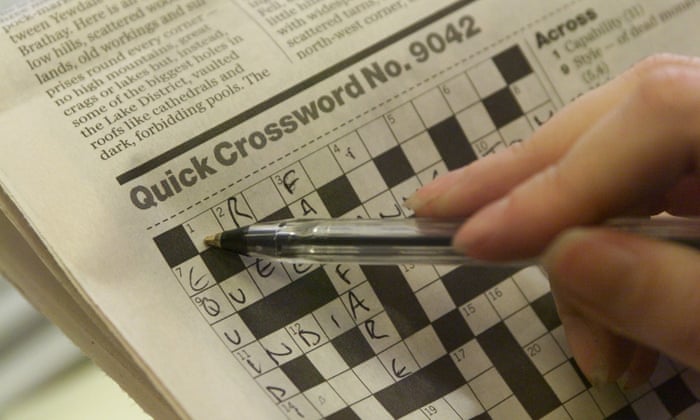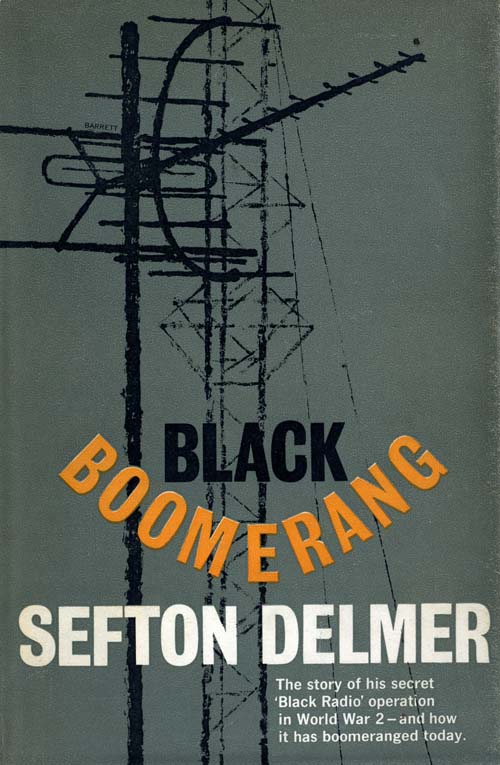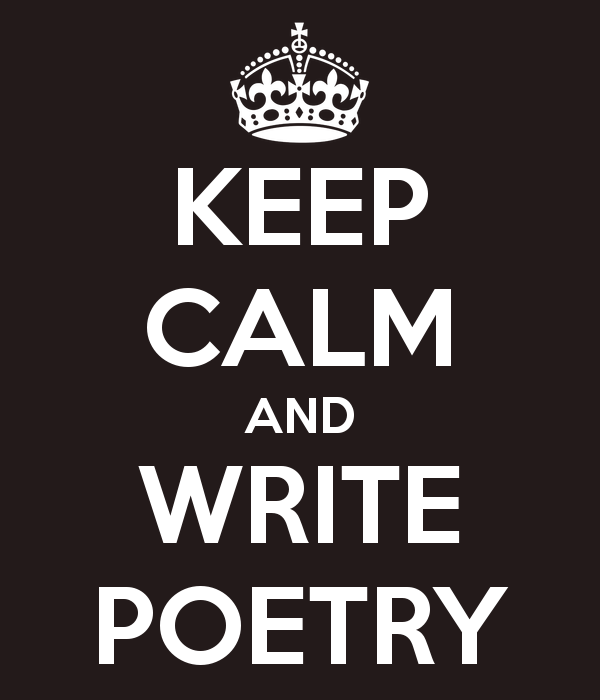I dutifully got up at my
accustomed time of 6.30 am, responding to the intense irritation of the ‘music’
of my phone alarm, sat on the edge of the bed, then had a pee (in the
bathroom!) and promptly returned to bed.
Sometimes, you have to do what you want rather than what you think that
you should do. It makes you a better
person. I think.
And even if it doesn’t, I am not going to
beat myself up about missing an early morning swim once in a while. It does mean that I get the Guardian Quick Crossword
done and dusted and have a leisurely cup of tea and am able to face the rest of
the world with something approaching equanimity – even if lacking the smug
self-satisfaction than early morning exercise gives you.
The ostensible reason for my indolence was
to give myself more time to study for the Catalan examination that is going to
take place on the 13th of this month. Given the format of the exam, and the
extensive explanation about the content that we have been given, there is a
reasonable chance of actually passing it.
But and this is where the rejection of swimming comes in, only if the
time gained is actually used in revision (or something nearer to learning
in my case) and the hard slog on forcing foreign words to at least have a
temporary residence in my memory. As far
as I can work out the major emphasis in this exam is on the ability of, we
candidates to demonstrate that we have retained the accurate orthography of the
more cunningly accented words in Catalan.
The area we have to consider is one which is limited, but the use of the
correct accents will be a crucial factor in gaining marks. This means that the old
look-cover-write-check technique needs to come into play. Repeatedly.
As it happens, I am still much more drawn
to working on the pages of notes that I have for my latest poem, than I am for
the hard slog of learning. I know that
one should never reject opportunities for learning, especially after the ‘official’
period of education has passed! But it
is much harder to force new information into my brain than it ever used to be.
And yet.
Take this morning. I was checking
through my emails and I noted that Academia.edu site had suggested an art
history paper that I might have found interesting. This paper turned out to be part of a
substantial book which offered a more than readable overview of a section of
art history. The extract on Cezanne got
me interested and I jumped my way through to Chicago skyscrapers and the
honorary Welshman Frank Lloyd Wright and then onto Picasso and abstraction and
at that point I realized that I was in the grip of the you-may-as-we—finish-it
syndrome and so I stopped. Ostensibly to
check on the publishing details of the book which were somewhat vague on the
site. This got me into the Baltimore Museum
of Art and I was starting to flick through the site when I realized (again)
that I was being taken further and further from what I had started out doing
when I opened the computer.
The point of that last paragraph (in case
you were wondering) was to illustrate not only the ease with which I get side-tracked,
but also the fact that I was gleefully hoovering up small facts about the
artists and movements that I was reading about.
I am conversant enough with mainstream western modern art history that passing
comments about how Seurat got the colour theory wrong, or than curtain walls
allowed skyscrapers to have more glass, or that Synthetic Cubism literally emphasised
the presentation of painterly element on the canvas, almost like a dish – that fascinated
me. Ever the snapper up of unconsidered
trifles (is that quotation accurate?) I felt the drug-like pull of the writing,
and I thought that I could buy the book (the very substantial book) from which
the writing was taken. But, so far, I
have been unable to find it. But I will.
It is one of those books (should
it actually exist) that always seem to me to need to exist before it can be
written. The range and depth of
knowledge it contains is the sort of book that would have been consulted to
write it – if you see what I mean! I
have a History of Art book by Meyers (I think, I’m too laze to get up and look
for it to make sure) that thoroughly intimidated me when I was younger because
of its ease of flow from earliest times to the present. You can’t be interested or know about it
all. Surely!
It takes a while before you realize just
how much of scholarship is built on the work of others: synthesis is what keeps
you sane! Over the past few years I have
found, when searching for some fairly obscure information that, certainly on
line, you find that there is often a core of Ur-information that has been ruthlessly
plagiarised (without attribution) as the basis for what appears to be original
research. And, very often, searching backwards,
you often find that confident assertions of fact are based on the flimsiest of
factual evidence: suggestion develops into statement. How often have I wished that there were
footnotes so that I could find out just what the quality of evidence for the
assertion had! But even with what
appears to be scholarly footnotes, you often find that ‘evidence’ is ‘personal’
book based and not on primary sources.
In the Open University students are
encouraged not to cite Wikipedia as it is not a ‘clean’ source of information,
because it is able to be edited without the care that academy demands. We OU students still use it of course, it is
far too useful to ignore, but we look for another source to cite to give
credibility. This has meant that for one
of my references for a particularly useful comments by Sir Laurence Olivier, I
cited (in the correct manner!) a dubious website that I found. That reference went through my tutor on the
nod, but a Wikipedia citation would have been frowned upon.
But, lurching back to what I was taking
about some time ago, the book seems to me to be something worth looking
for. I have a possible author’s name, I know
that it is connected with the Baltimore Museum of Art, and I suspect that it is
also linked to The Cone Collection in the same institution. So, you can rest assured, that when I should
be learning and revising my Catalan vocabulary, I will be searching for yet
another art history book to add to my collection!
Wish me luck!







